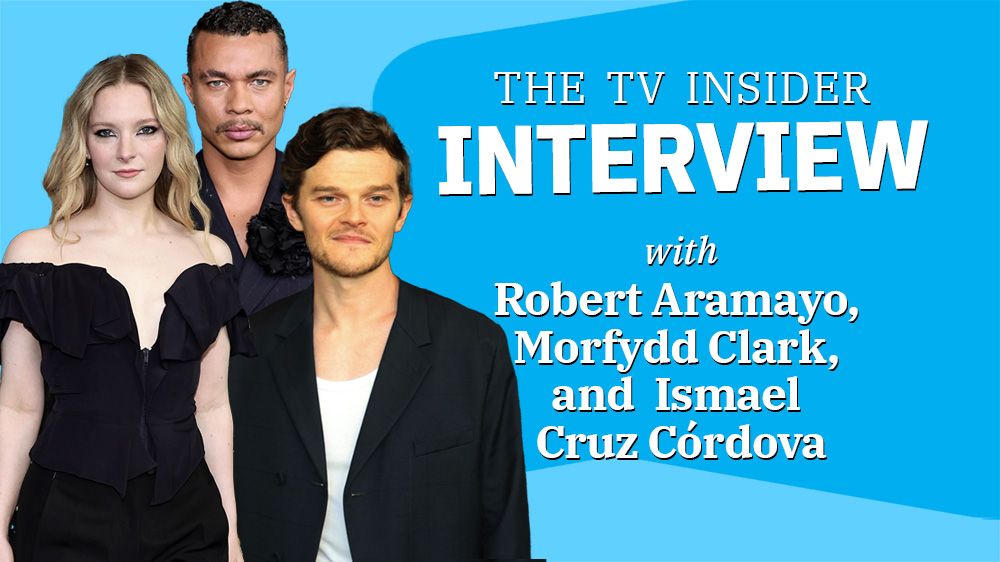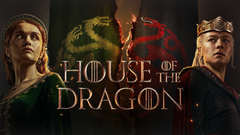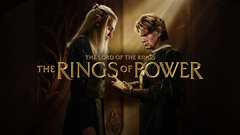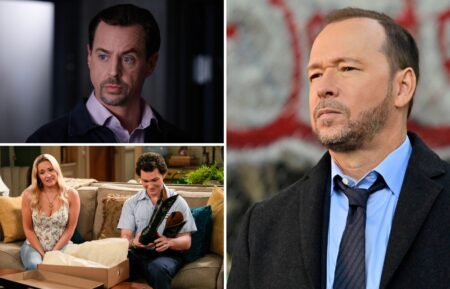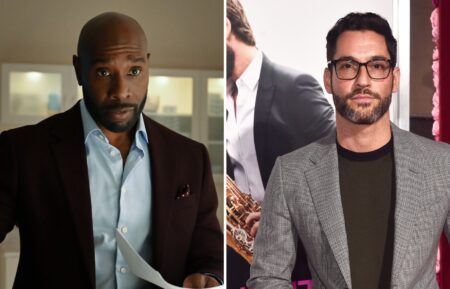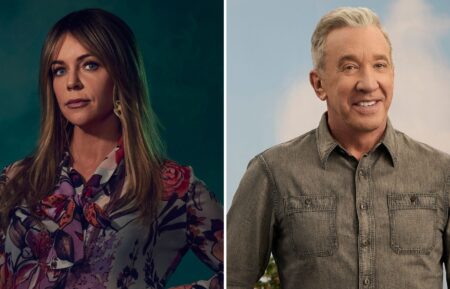‘The Lord of the Rings: The Rings of Power’ Creators Respond to ‘House of the Dragon’ Comparisons
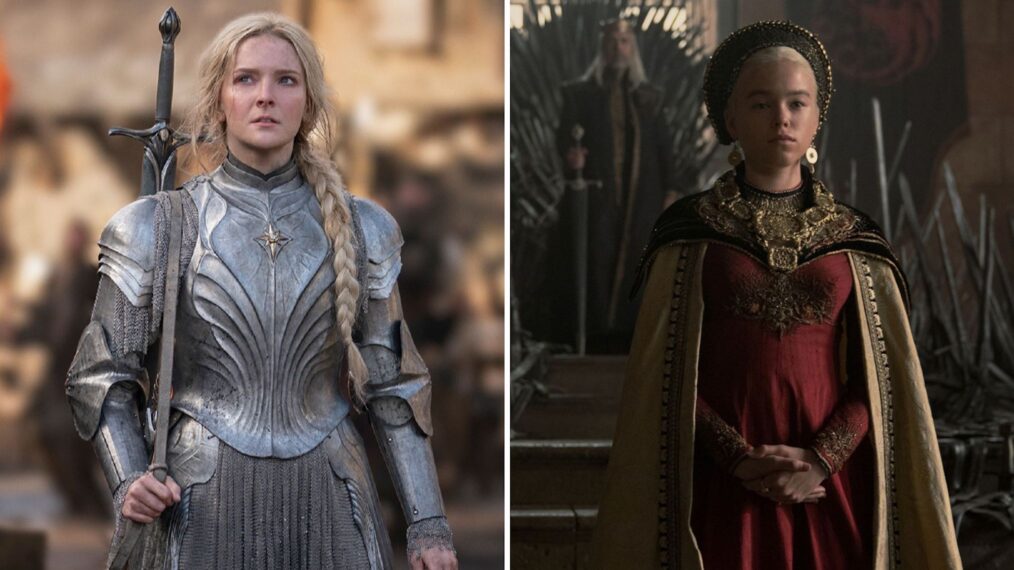
For many fantasy writers, J.R.R. Tolkien’s books are the blueprint. Peter Jackson‘s The Lord of the Rings films are also a blueprint really for book-to-screen adaptations of a beloved story. George R. R. Martin‘s A Song of Ice and Fire series, on which Game of Thrones is based, has been compared to The Lord of the Rings trilogy because they fall in the same fantasy vein (hell, Martin’s name is even similar to Tolkien’s).
Now, both Game of Thrones and The Lord of the Rings have prequel series debuting less than two weeks apart in HBO‘s House of the Dragon and Prime Video‘s The Lord of the Rings: The Rings of Power. With new trailers dropping in close succession of each other, the close release dates, and similar genres, comparisons between the two were bound to be made.
You’ve seen the headlines: “HBO’s House of the Dragon vs. Amazon’s Lord of the Rings: Rings of Power – Can Both Series Win?” at The Wrap, “Game Of Thrones vs. Lord Of The Rings Is Now 2022’s Biggest TV Battle” at Screenrant. The list goes on.
At a screening of the first two episodes of The Rings of Power in New York City on August 23, creators/showrunners/writers J.D. Payne and Patrick McKay and executive producer Lindsey Weber shared how they feel about the perhaps inevitable comparisons of shows.
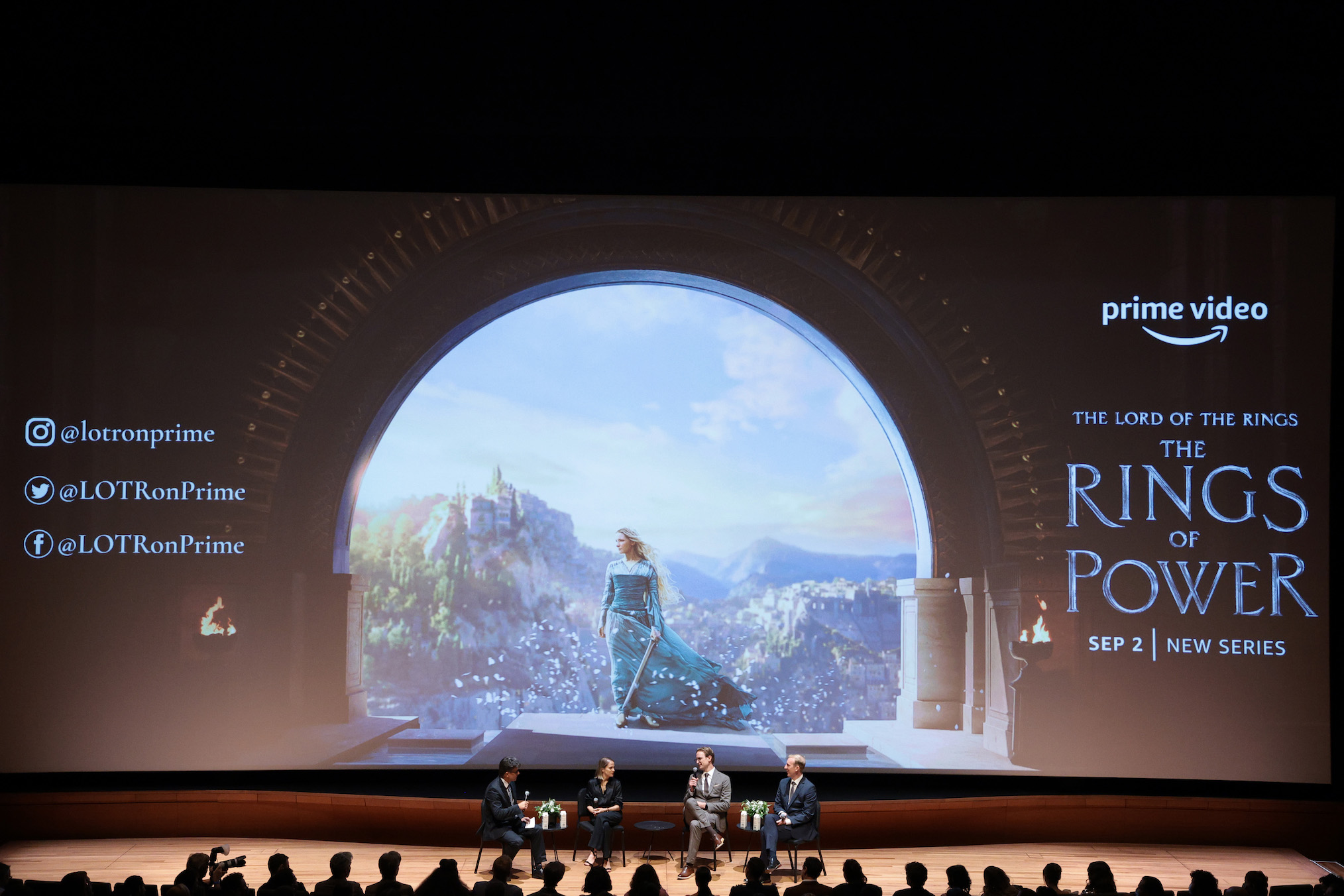
Dimitrios Kambouris/Getty Images for Prime Video
For them, the “competition” is nonexistent, noting that the close release dates were coincidence. (The Rings of Power premiering on the 49th anniversary of Tolkien’s death — September 2, 1973 — was also a coincidence, Payne said.)
“For us, we don’t feel any of it,” Weber said, referring to show competition. “It’s totally manufactured by the media for headlines. I’m quite certain that cast and crew doesn’t feel any of it either. They know how hard it is to make these things, and of course, when things come out are all decided by other people, but not by any of us.”
“A really great writer had a line once: What is the difference between if you’re doing screenwriting or you’re doing graphic novel writing? It looks very similar,” McKay chimed in. “But also if you were an archeologist and a gardener it might look similar, but they couldn’t possibly be more different. I think that’s sort of how we feel about the two shows.”
Added Payne: “The only competition is the pressure we put on ourselves, and the competition we have with ourselves for what we can put out into the world. The goal is to put out into the world something that will be able to entertain people, that will hopefully bring a little bit of hope, and that will have the ability to bring people together and start a cultural conversation. That’s really the only competition. And anyone else working on storytelling, we wish them well.”
During the post-screening Q&A, attended by many of the Rings of Power cast, press, and family and friends of the creative team, and moderated by Vanity Fair‘s Anthony Breznican, McKay, Payne, and Weber also talked about the hefty cost of the show. Season 1 came in at $465 million, making it the most expensive TV show in history. With five seasons already planned at Prime Video, the show will cross the $1 billion mark. In comparison (sorry, guys), each season of Game of Thrones cost about $100 million.
Weber said the cost was similar to the budget for making three tentpole films. And while the budget may be alarmingly huge (“Why not give some of that to the rest of us?” the moderator joked), it allowed the team to be limitless in their creative process.
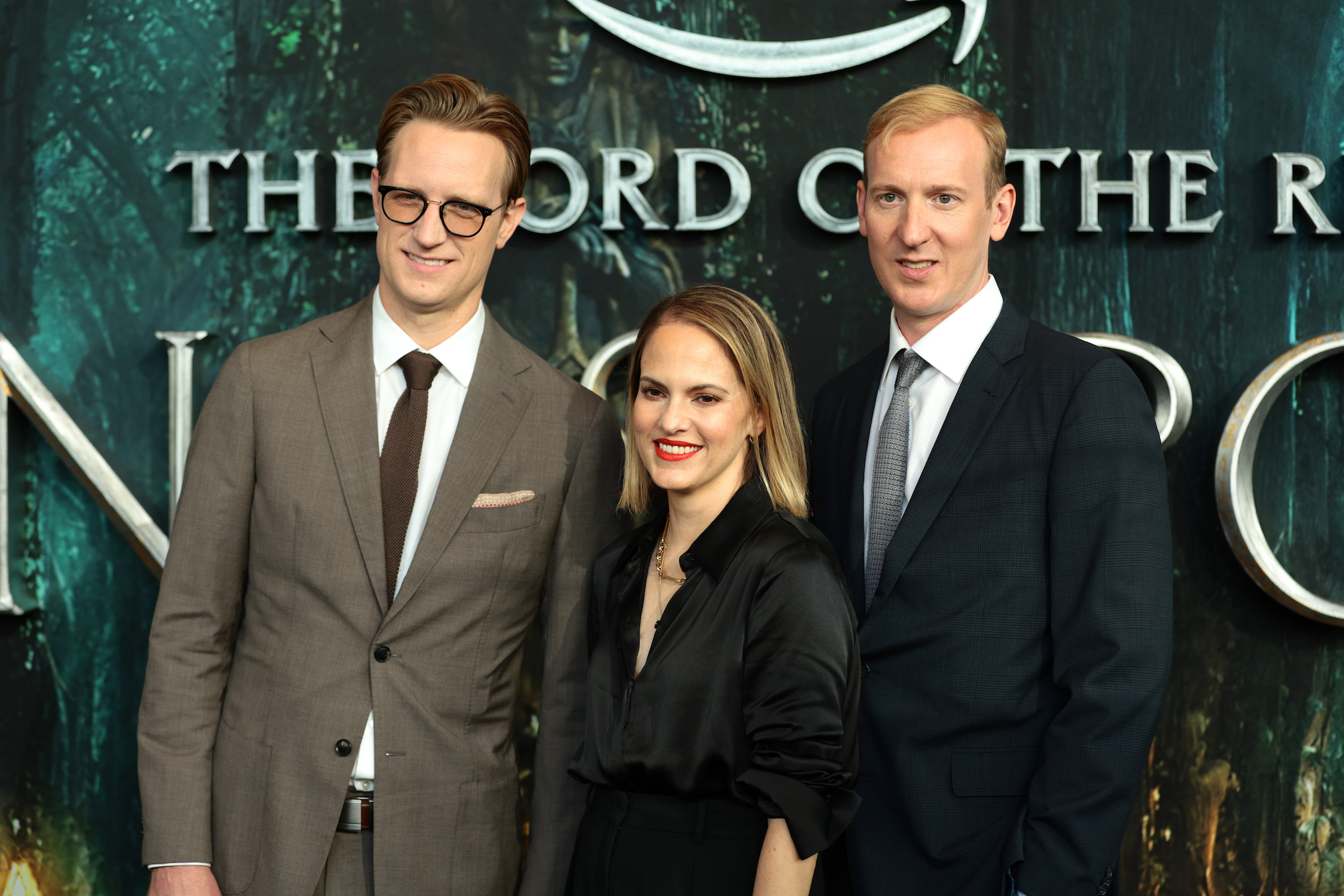
Dimitrios Kambouris/Getty Images for Prime Video
Ultimately, their goal was to create a series that would enthrall Tolkien lovers and newcomers alike.
“We felt like this was something that truly could contain all the ingredients of what you needed to feel like you had a true Middle-earth epic,” Payne said of The Silmarillion and the appendices of The Lord of the Rings, the show’s source material.
“We really didn’t want to do a sequel, or a reboot, or a thing where you had to know another thing to understand,” McKay added. “This is a story we feel that, if you know nothing about Tolkien, you can engage with the story — it’s complete in its own right. If you’re a fan, or a superfan, or a mega, super-scholar fan, hopefully there’s all kinds of other layers you’re reading into and appreciating it on. But we were really looking for something that would hopefully open up Middle-earth to people who maybe never felt like there was a place for them before.”
What’s more, they feel we’ve reached what they call “peak bleak TV,” in that there’s so much despair and violence, sometimes just for the sake of despair and violence. Drama doesn’t have to be all doom and gloom. And they feel Tolkien’s work is inherently more hopeful.
“Tolkien’s storytelling is about how individuals fit into the world at large, how the choice you make is not just a personal choice, but something that will change your particular world,” said Payne. To that end, expect an undercurrent of hope as The Rings of Power characters take on the powers that be.
House of the Dragon, Sundays, 9/8c, HBO
The Lord of the Rings: The Rings of Power, Series Premiere, Thursday, September 1, 9/8c, Prime Video, New Episodes Weekly

